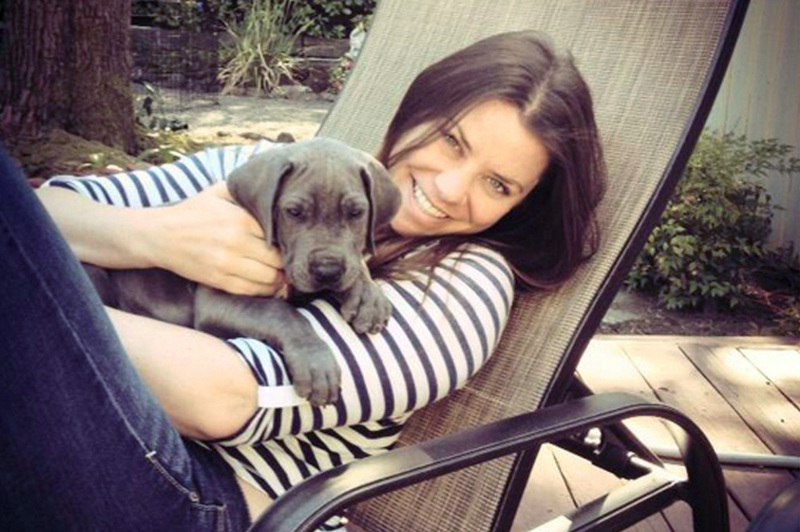Compassion & Choices, a national organization that advocated for the law, estimated that in its first year 504 Californians requested prescriptions for medical aid in dying, but had no further update Tuesday. The next report on how many people took the drugs is due in July.
“Our supporters, they’ve frankly expressed shock at this outcome. They’re disappointed that this end-of-life option could be taken away,” said John Kappos, an attorney representing Compassion & Choices.
Alexandra Snyder, an attorney and executive director of Life Legal Defense Foundation, said the judge ruled that lawmakers effectively “hijacked” a special legislative session that was called to address access to medical care and used it to pass their bill.
“Access to health care has no relationship to assisted suicide,” she said, saying it set a dangerous precedent that undermines the legislative process.
Opponents have argued that hastening death is morally wrong, puts terminally ill patients at risk for coerced death by loved ones and could become a way out for people who are uninsured or fearful of high medical bills.
“You have people at likely the most vulnerable time of their lives. Potentially facing large medical expenses,” Snyder said. “And that puts them in a position of being vulnerable to pressure not just from families but their own pressure that maybe this is a cheaper, less burdensome way to go.”
Democratic state Sen. Bill Monning of Carmel, who carried the original legislation, said the bill was properly considered in the special session and followed “every rule of transparency and openness.” Lawmakers could try to pass it again if the law ultimately is rejected by the courts, he said.
So far, he said, there has been “not a single report of malfeasance or problems.”
“It seems a very desperate move — trying to argue that the way we did it in a special session of the Legislature should be grounds for invalidating the law. It was Gov. [Jerry] Brown who signed the law. He could have vetoed the bill or refused to sign it.”
Monning said he has received several letters of thanks from relatives of patients who took life-ending medications.
Kelly Davis’ 41-year-old sister, Betsy Davis, was one of the first to use the law as she was dying of amyotrophic lateral sclerosis, commonly known as Lou Gehrig’s disease, that slowly robbed her of her ability to use her muscles, including to swallow and communicate. She held a two-day party in Ojai to celebrate the end of her life with about two dozen friends, giving away her possessions and ordering her favorite foods.
“I keep thinking of all the people who are facing a terminal illness and they’re considering the use of this law, and they’re in limbo right now and this right might be taken away from them,” Davis said. “It gave her back control of her life, it let her die on her own terms. And if this had happened leading up to her death or when she thought she’d be able to use the law, she would have been devastated.”
The California Attorney General’s Office said in court papers that medical professionals have the right to refuse to prescribe and dispense the drugs. Under the law, the terminally ill person must be able to self-administer the drugs.
KQED’s Laura Klivans and the Associated Press contributed to this report.
